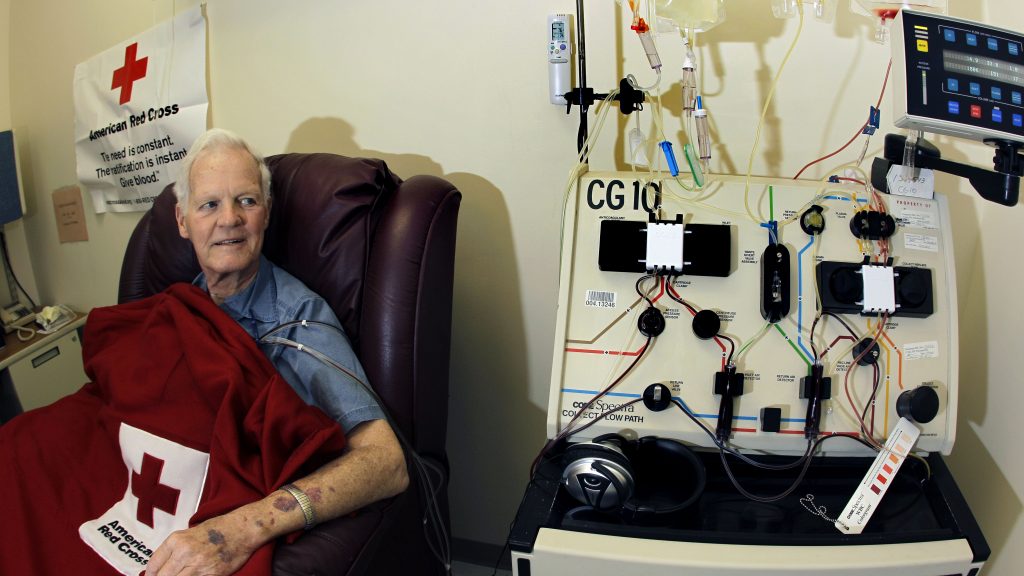Researchers have found that lowering meat intake can reduce the risk of developing some types of cancer.
Published in BMC Medicine, the new study from the University of Oxford monitored 472,377 British adults aged between 40 and 70. Taking place between 2006 and 2010, researchers documented the dietary habits of each participant before tracking their health records for over a decade to learn if they developed cancer.
52% ate meat more than five times a week, 44% ate meat five or less times a week, 2% ate fish only (pescatarian) and 2% were vegetarian or vegan. During the period monitored, 55,000 cases of cancer were noted. Compared to regular meat eaters, those who ate meat infrequently have a 2% lower risk, pescatarians are 10% less likely, and vegetarians have a reduced rate of cancer by 14%.
Speaking to PA, lead researcher Cody Watling stated: “Being overweight after menopause is known to increase the risk of breast cancer and so the reduced risk of postmenopausal breast cancer in vegetarian women, due to lower BMI, was unsurprising – but we were surprised by the substantially lower risk of prostate cancer in vegetarians.”
Director of research and innovation at World Cancer Research Fund International, Dr Giota Mitrou added: “One in two of us will get cancer in our lifetime and while there are lots of things about cancer we cannot control, we know that currently 40% of cancer cases could be prevented through lifestyle changes including diet, weight and physical activity. The results of this large, British study suggest that specific dietary behaviours such as low meat, vegetarian or pescatarian diets can have an impact on reducing the risk of certain cancers; in this case, bowel, breast and prostate.”

